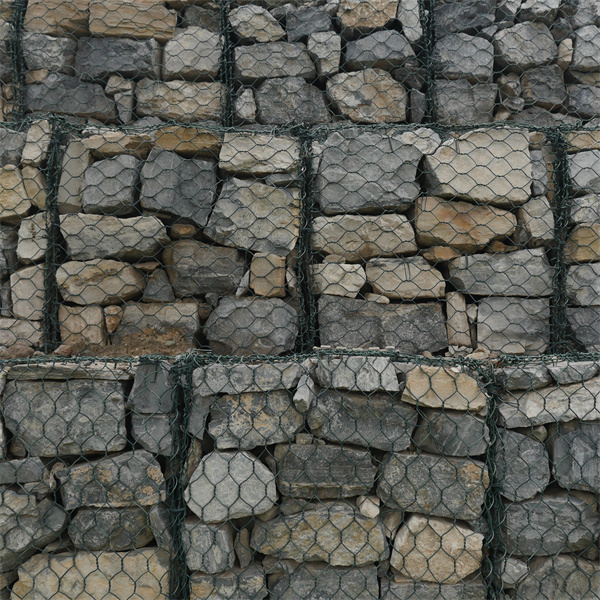Sep . 04, 2024 01:30 Back to list
gabion rock wall
The Versatility and Strength of Gabion Rock Walls
Gabion rock walls are an innovative solution gaining traction in both civil engineering and landscape design. Constructed from wire mesh cages filled with stones, these structures serve a myriad of purposes, providing stability, protection, and aesthetic appeal.
One of the primary functions of gabion rock walls is erosion control. In areas prone to soil erosion, gabions can effectively stabilize slopes and riverbanks. The natural permeability of the stones allows water to flow through without causing significant pressure build-up behind the wall, thus reducing the risk of flooding while allowing vegetation to thrive. This feature not only mitigates erosion but also promotes biodiversity, as the gaps between the rocks can host various plants and wildlife.
Another significant advantage of gabion walls is their strength and durability. Unlike traditional concrete retaining walls, which can crack and deteriorate over time, gabions adapt to the movement of the earth. They are designed to absorb and dissipate energy, making them an ideal choice for locations subject to seismic activity or heavy rainfall. The metal mesh used in gabion construction is often coated with a protective layer to prevent rust and corrosion, ensuring longevity even in harsh environmental conditions.
gabion rock wall

Moreover, gabion walls are cost-effective and environmentally friendly. The materials used—local stones and wire mesh—are often readily available and inexpensive. This not only reduces transportation costs but also minimizes the carbon footprint associated with construction. Additionally, since gabions can utilize natural stone, they blend seamlessly into the landscape, making them a preferred choice for sustainable design.
Aesthetic appeal is another benefit of gabion rock walls. They can be designed in various shapes and sizes, allowing for creative landscaping options. Homeowners and landscape architects are increasingly using gabions to create visually striking features, such as seating areas, planter boxes, and decorative rock walls. The variety of colors and textures in natural stones provides endless possibilities for customization, enabling these structures to enhance the beauty of any outdoor space.
In conclusion, gabion rock walls are a remarkable choice for those seeking an efficient and sustainable solution for erosion control, structural stability, and landscape enhancement. Their strength, versatility, and aesthetic qualities make them an appealing option in a world that increasingly values eco-friendly practices. As more people become aware of their benefits, it's likely that gabion rock walls will continue to rise in popularity, further solidifying their place in modern design and engineering.
-
Visualizing Gabion 3D Integration in Urban Landscapes with Rendering
NewsJul.23,2025
-
The Design and Sustainability of Gabion Wire Mesh Panels
NewsJul.23,2025
-
The Acoustic Performance of Gabion Sound Barriers in Urban Environments
NewsJul.23,2025
-
Mastering the Installation of Galvanized Gabion Structures
NewsJul.23,2025
-
Gabion Boxes: Pioneering Sustainable Infrastructure Across the Globe
NewsJul.23,2025
-
Custom PVC Coated Gabion Boxes for Aesthetic Excellence
NewsJul.23,2025
-
Installation Tips for Gabion Wire Baskets in Erosion Control Projects
NewsJul.21,2025






